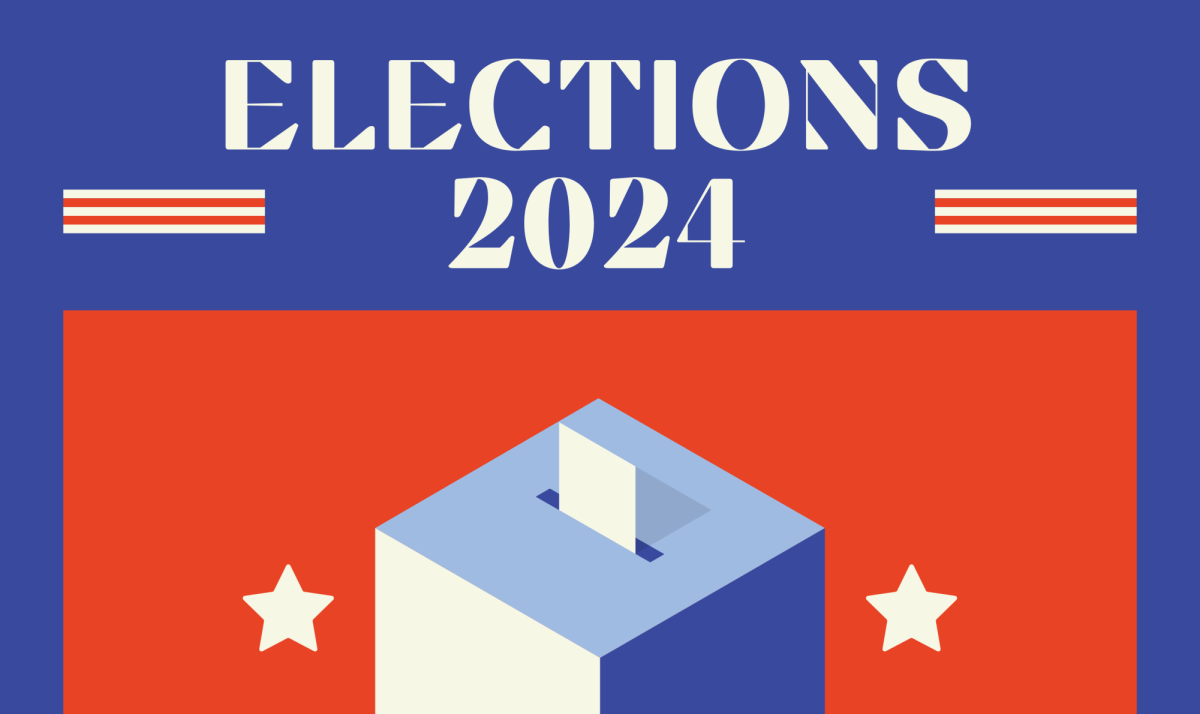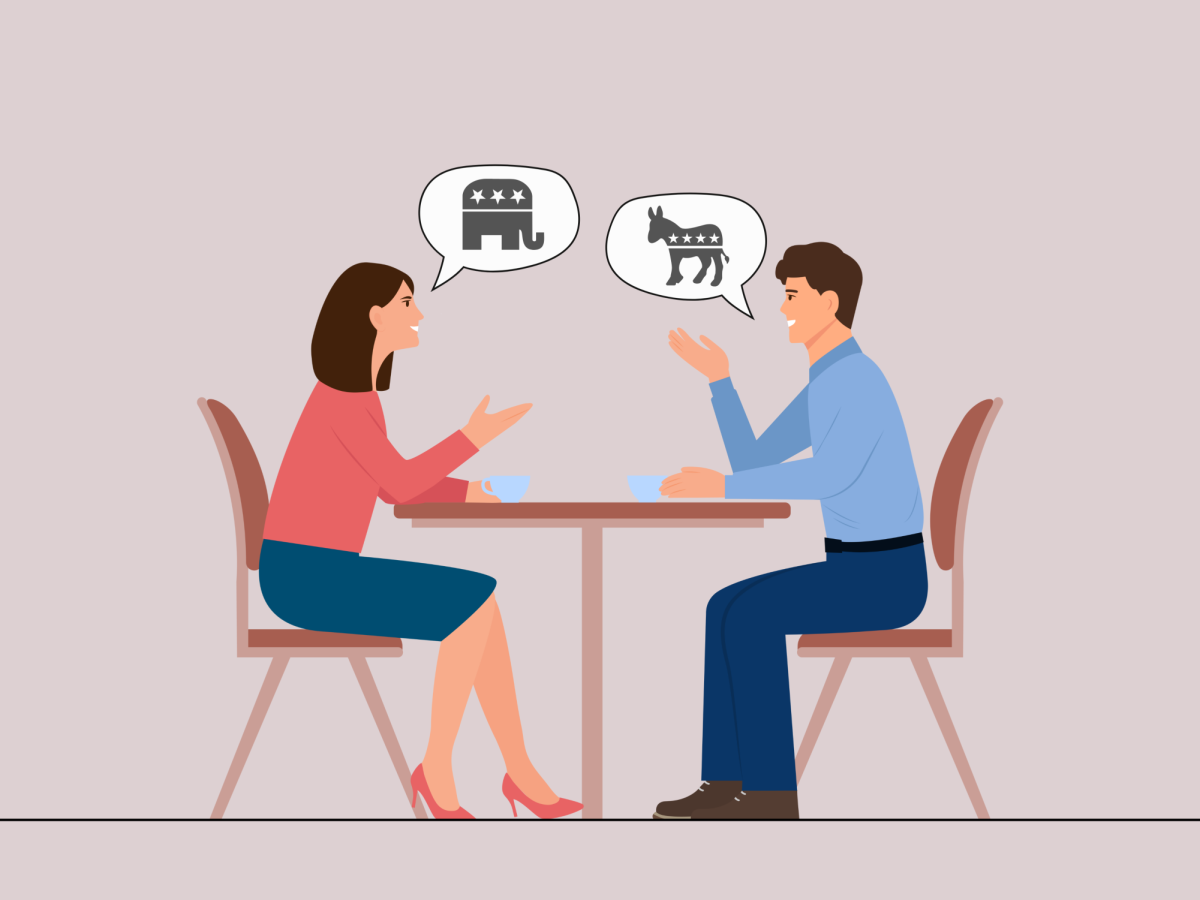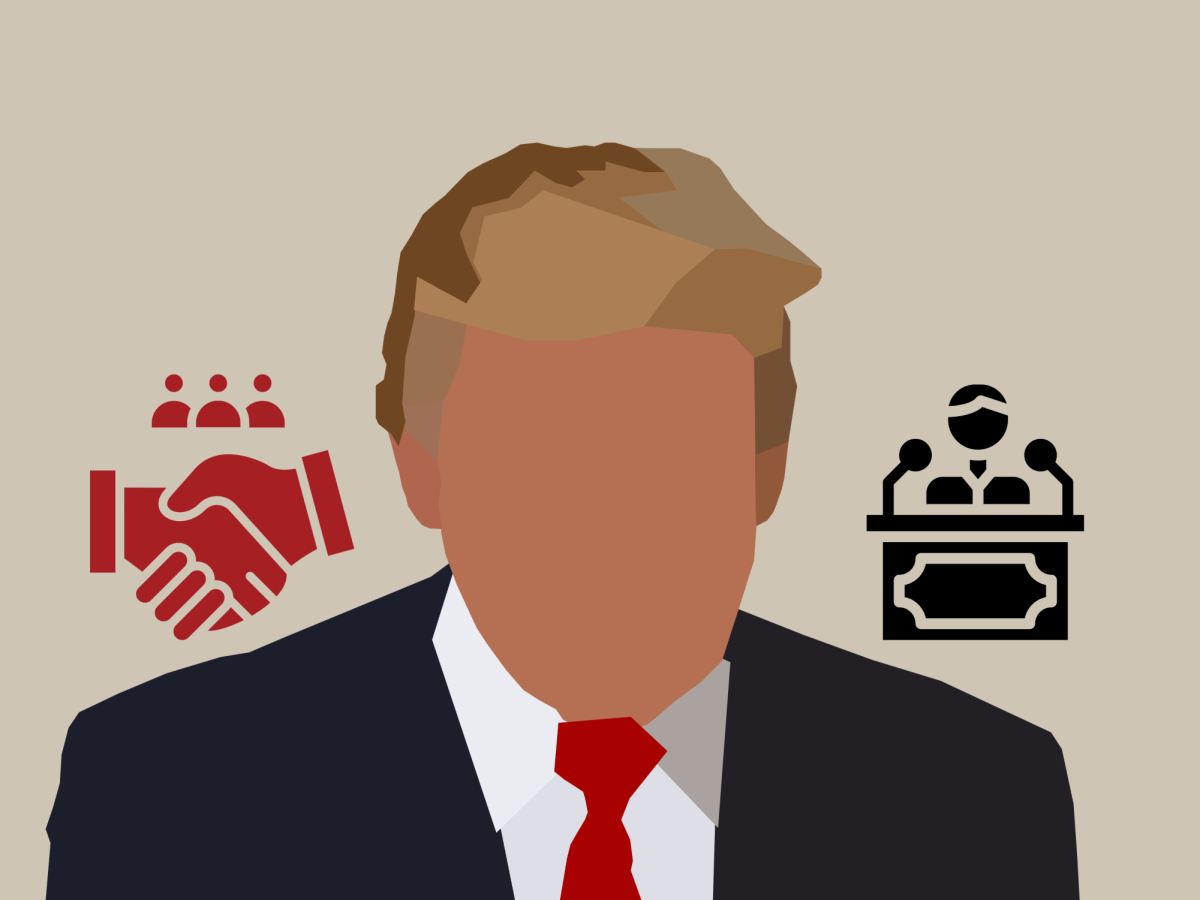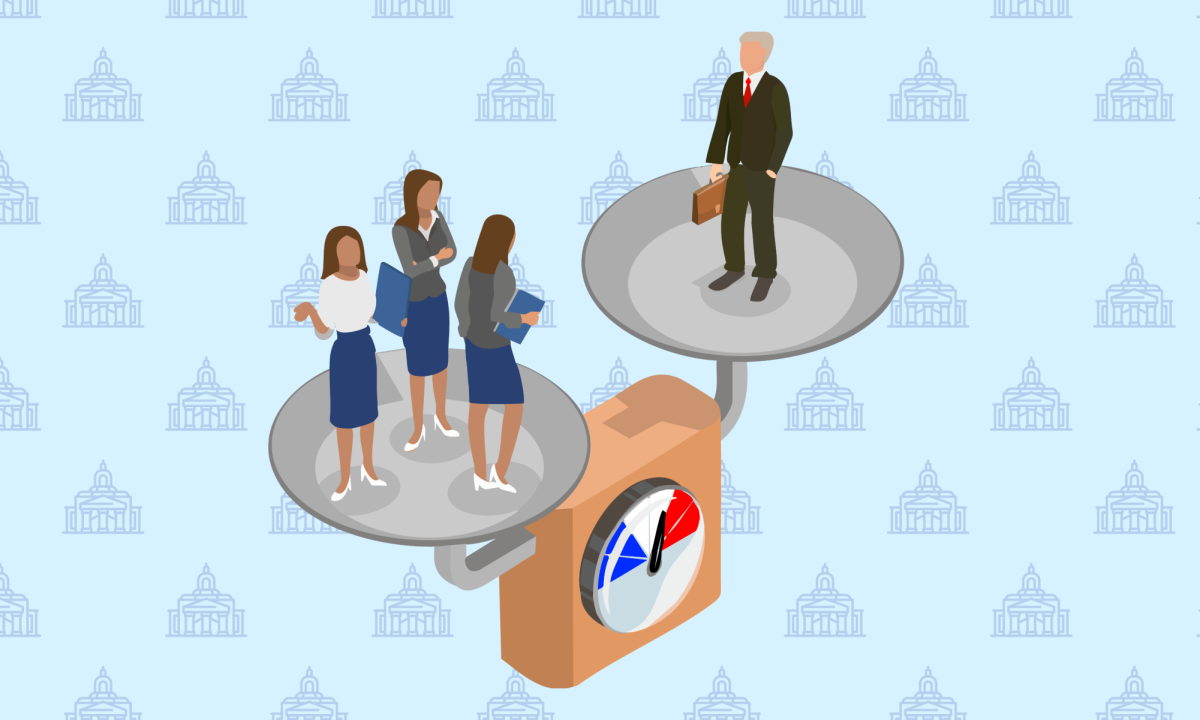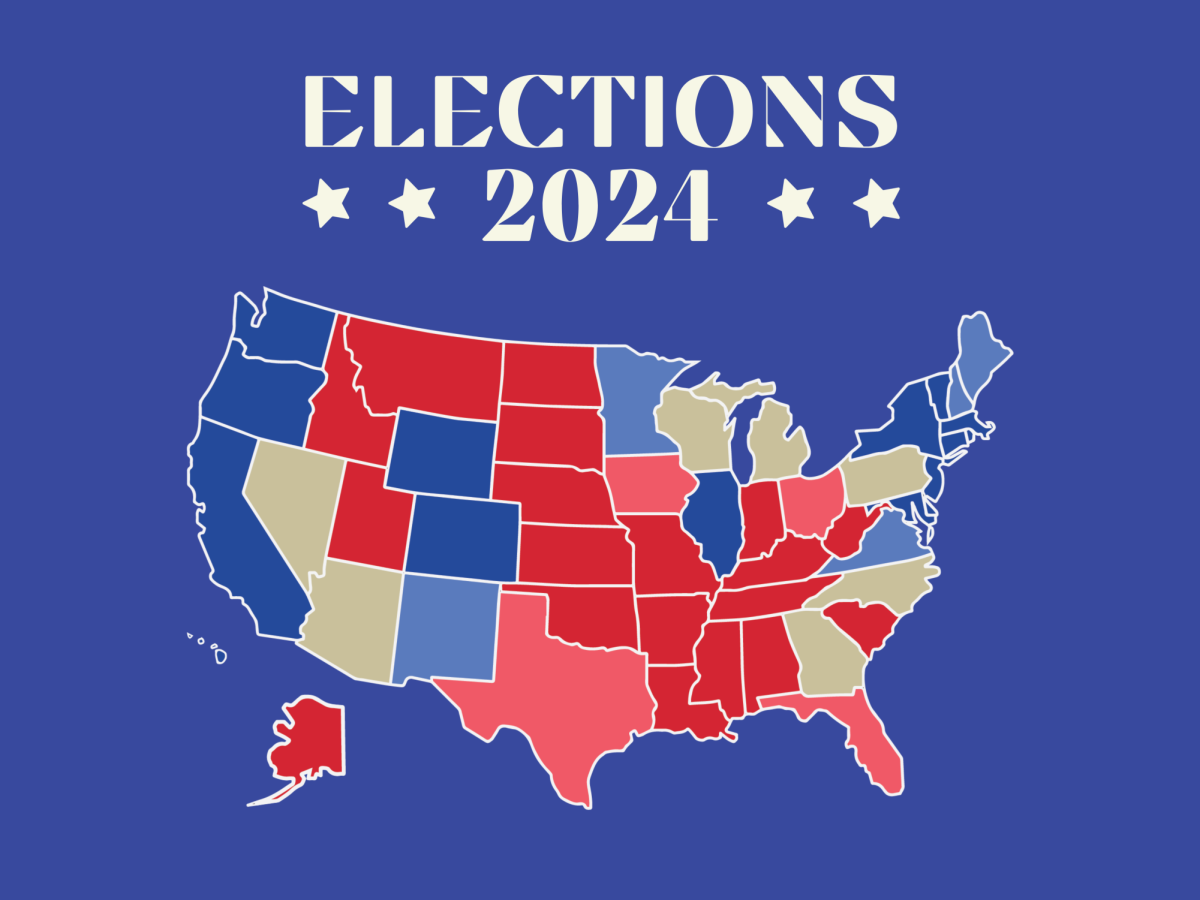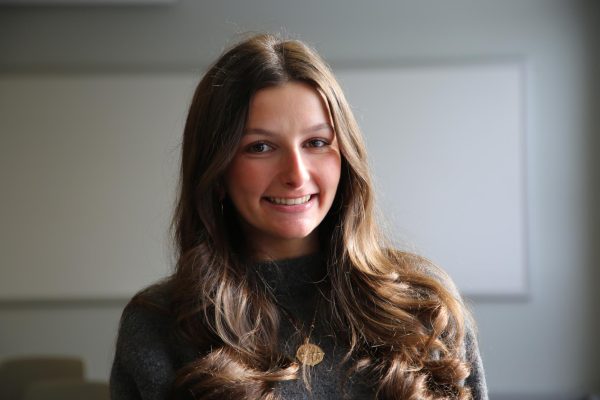The Pedro Arrupe, S.J., Center for Business Ethics held a lecture titled “The Duty to Vote” Oct. 29 in Mandeville Hall. Julia Maskivker, Ph.D., George and Harriet Cornell distinguished professor of political science at Rollins College, gave a lecture on Zoom to about 40 students and followed with a post-lecture Q&A.
Maskivker addressed many concerns about the 2024 election and said while students might want to have different choices, they still have to make their voices heard by voting.
“In many circumstances in life, you do have a duty to vote,” Maskivker said. “I think that not wanting to get involved and not getting your hands dirty, doing something that you legitimately believe to be wrong, may be a little bit self-indulgent.”
Jacqueline Wise, Ph.D., associate professor of finance and associate director of the Arrupe Center, said she hoped students would vote, regardless of their own self-interest, and do so as members of a community.
“You do walk away with a sense of empowerment after you do it, because you felt like you did something,” Wise said. “So I would encourage them to not let that fear stop you. Go out there, do it, check that box and then be an active participant.”
Maskivker said during her lecture that Americans have to understand their actions and efforts will contribute to the larger social good, even though it may not feel that way.
“We can act as good Samaritans in our personal lives,” Maskivker said. “We are rational because we think that contributing to a larger enterprise or effort, even though our action will make a difference, makes sense.”
Mariana Arnabar ’26, an attendee, left with a stronger sense of why her voice matters in this election. Arnabar said she used insights from the lecture in conversations with family and friends and encouraged them to get out and vote.
“Don’t shy away from having conversations with other people. It might be difficult, but [it’s] definitely important,” Arnabar said. “Approaching every election, be that local or presidential, always exercise your duty to vote, because voting isn’t accessible for all countries in the world.”
Emily Heck ’27, a first-time voter who attended the session, said she is excited to cast her vote in such an important election.
“There’s so much at stake, especially when it comes to issues that directly affect younger generations, like climate change, student debt and job opportunities,” Heck said. “If we don’t make our voices heard, decisions will be made without us, and we might not like the outcome.”
Maskivker said although students may feel as though their vote will not make a difference, collectively it contributes to great effect.
“The idea here is that the value of our contribution to our collective effort does not reside in its individual power to change the world by itself, but on the nature of the larger activity or enterprise,” Maskivker said.













































